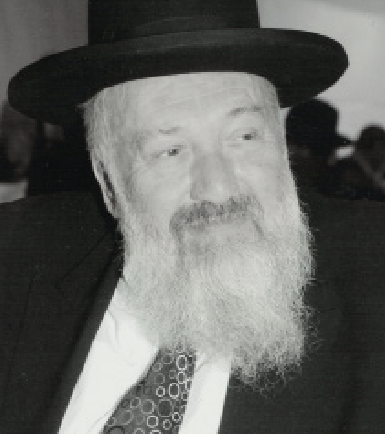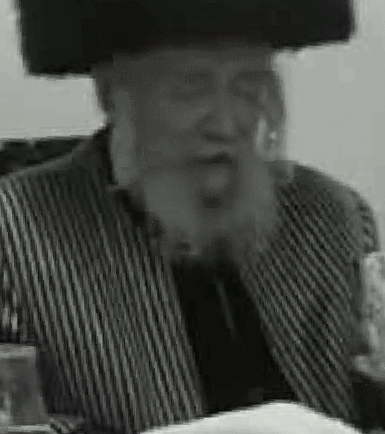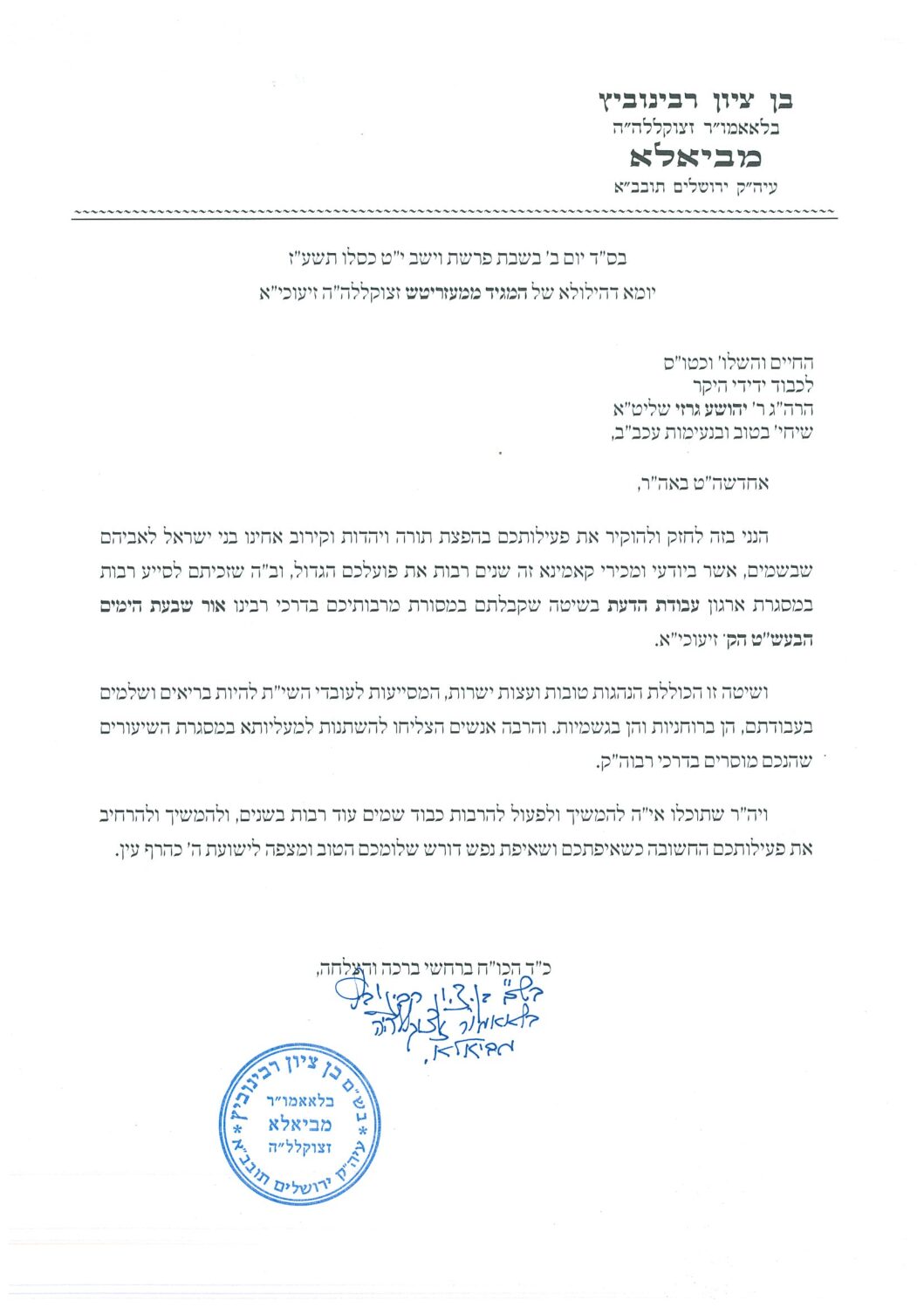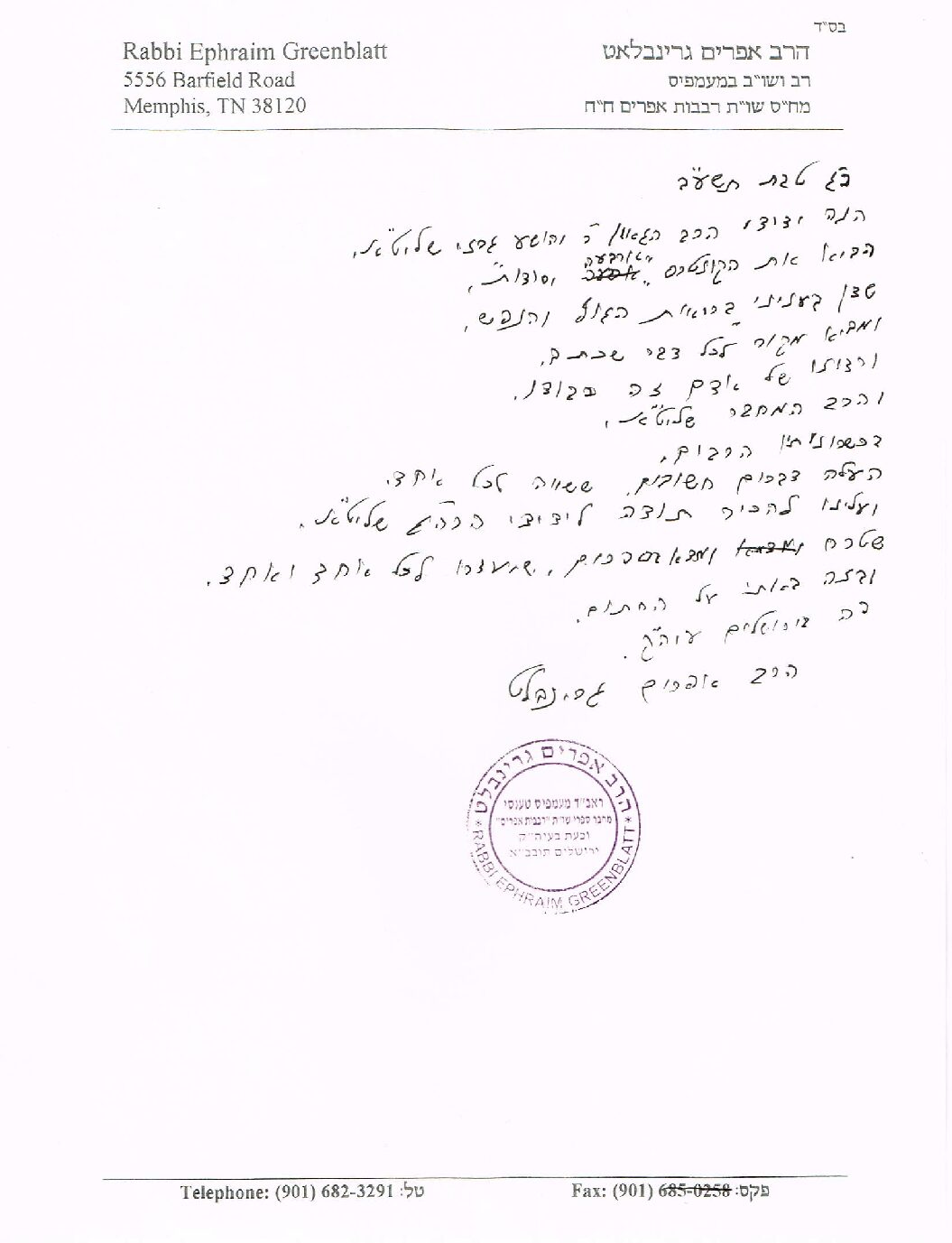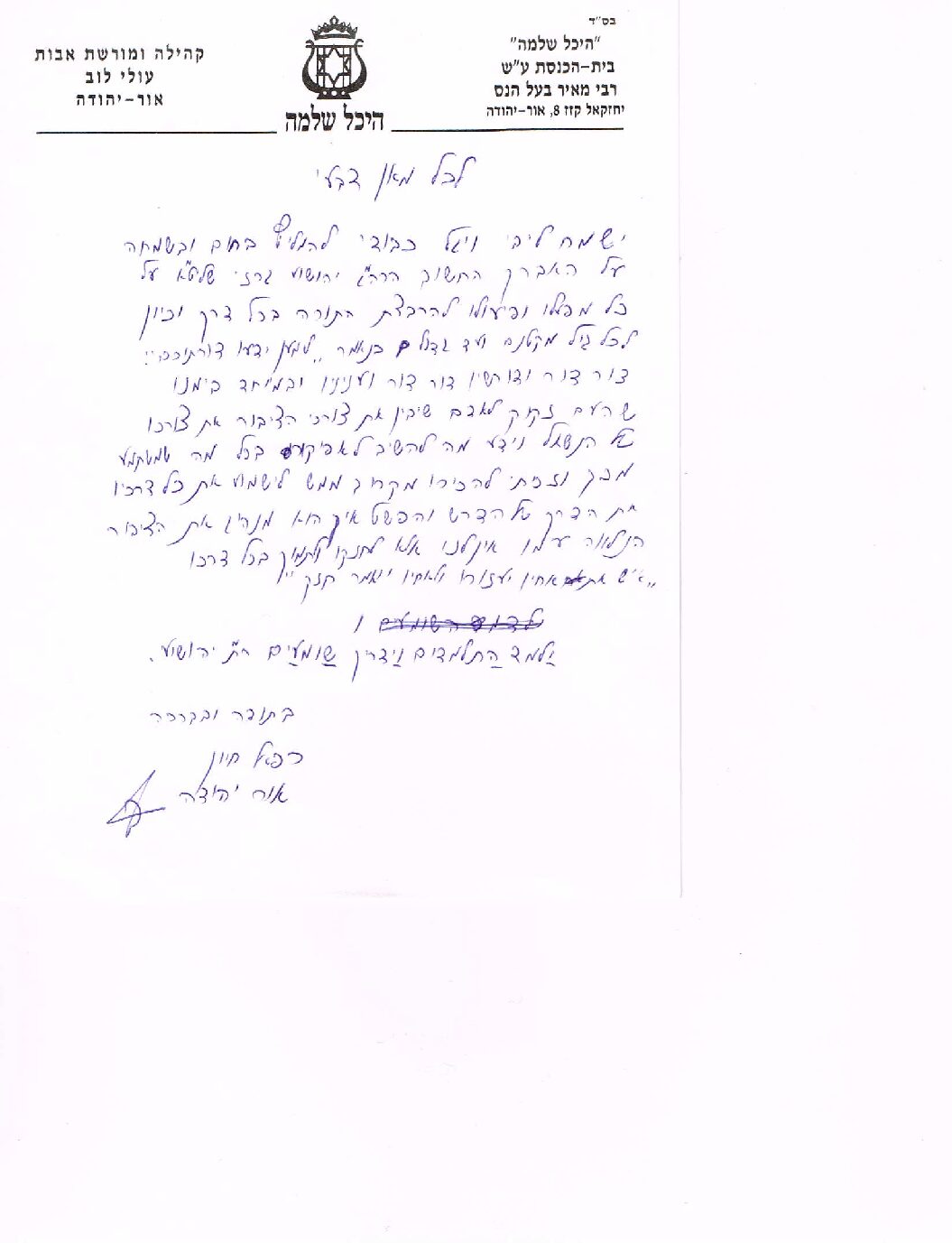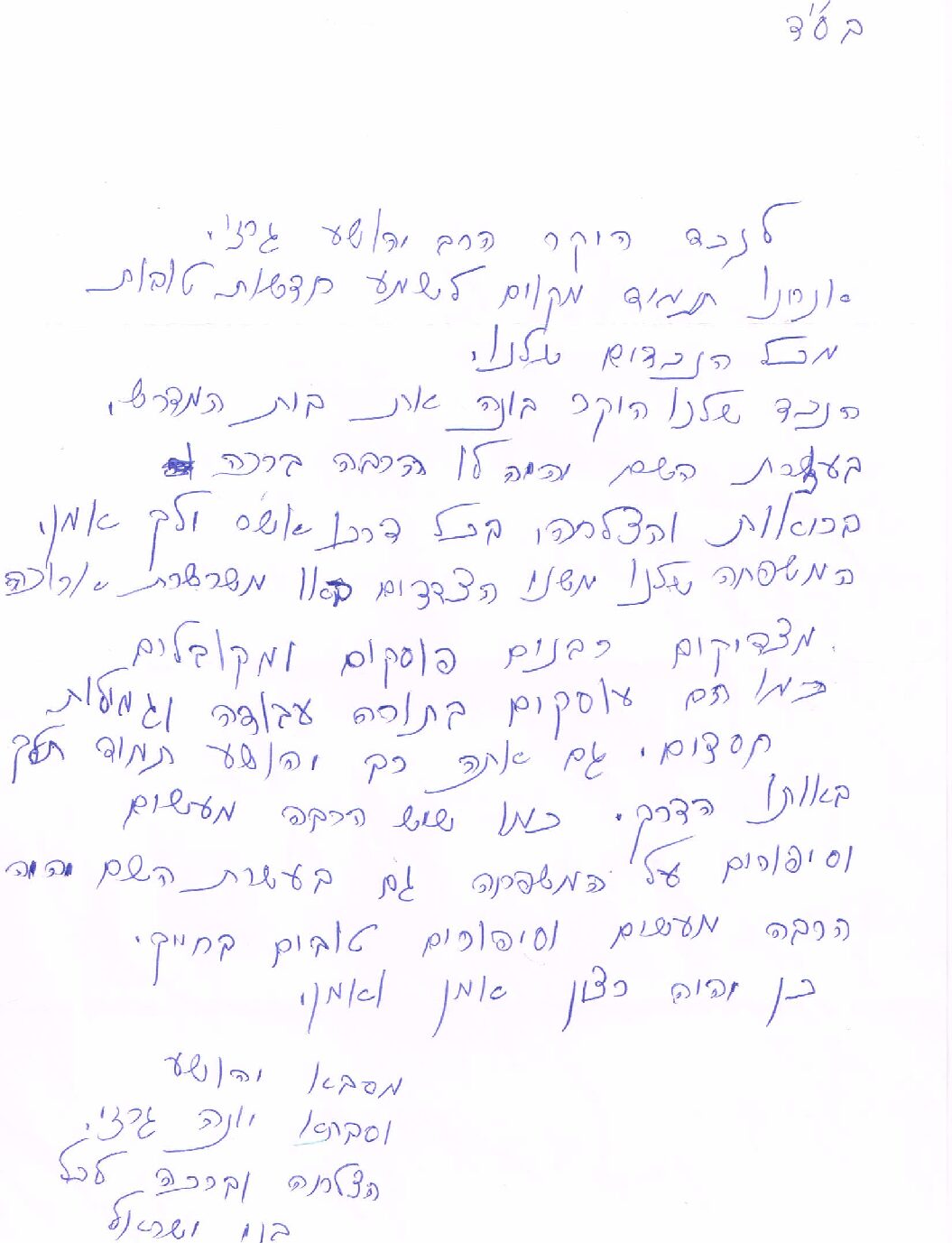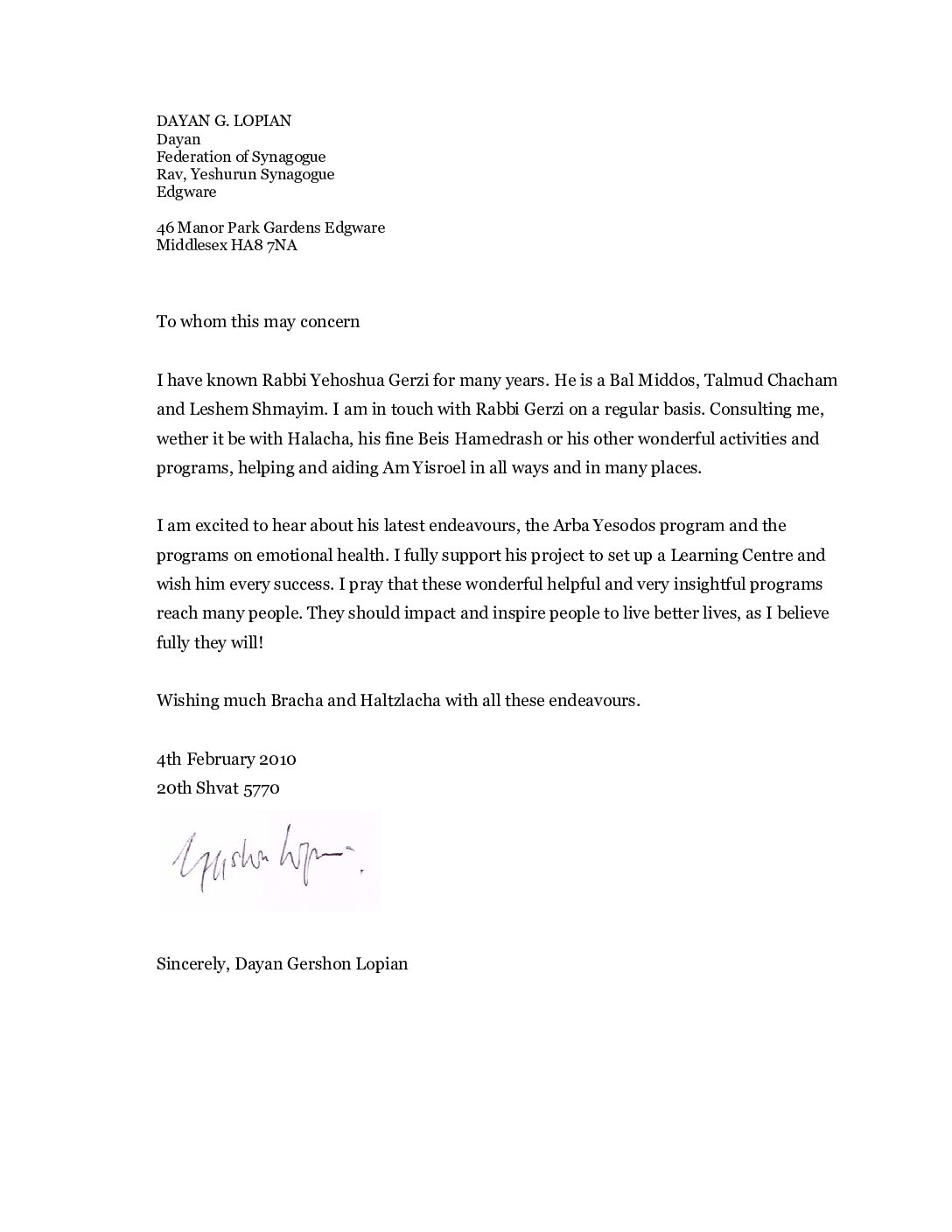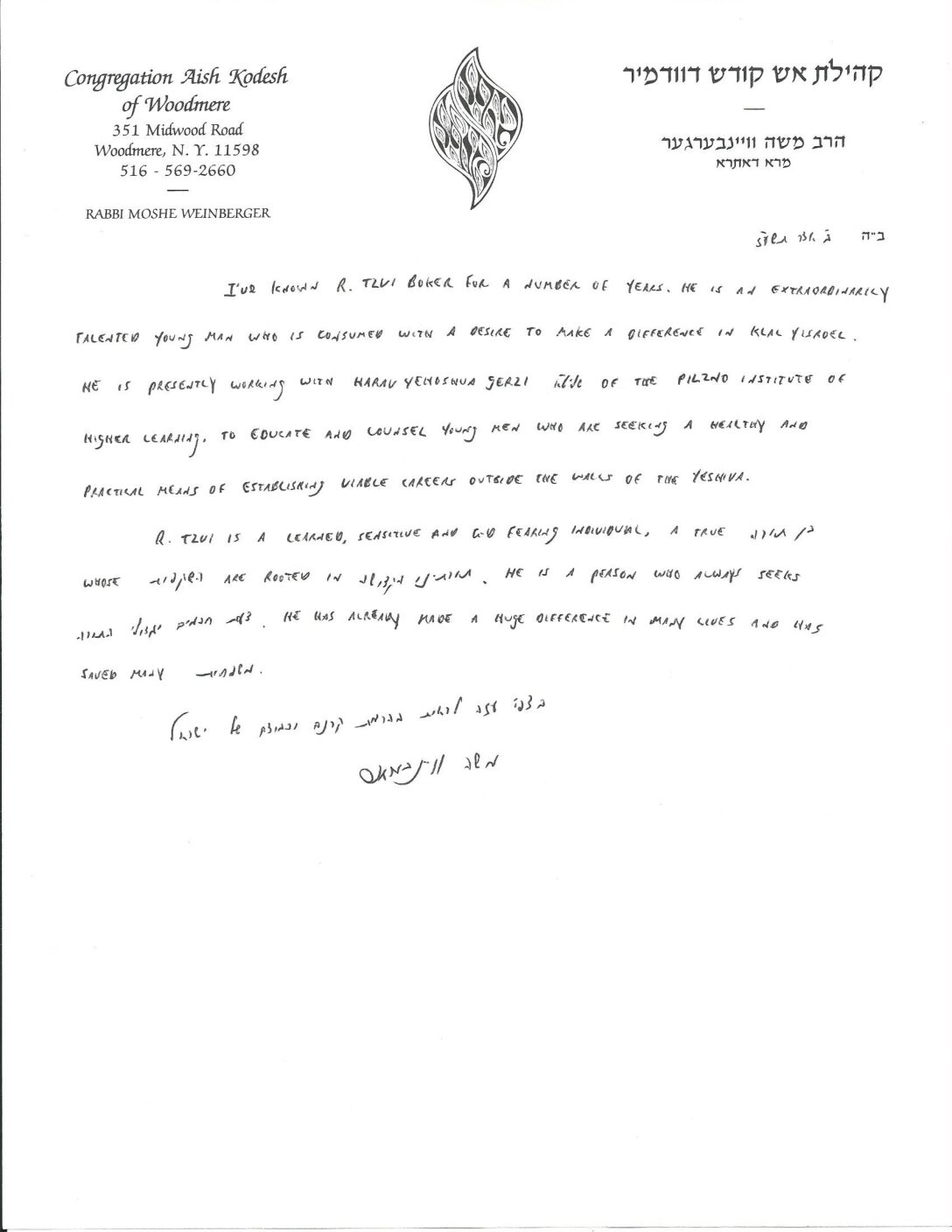About Us, our Vision, & Mission
Rabbi Yehoshua Gerzi models living kindly, consciously, and with integrity, while exuding an infectious appreciation for giving space to others, so as to enable their unique light to flourish and shine. Endearingly known to his students as the “Pilzno Rebbe,” Rabbi Gerzi teaches extensively on the halachic and mystical tradition he has received from his family and mentors stretching back to the Baal Shem Tov and the Vilna Gaon, as well as kabbalistic and halachic schools of the Sefardi and Edot HaMizrach Chachamim. As part of his own journey, he merited to serve as an aide (shimush) with various talmidei chachamim from the pre-war generation, including Rabbi Yosef Singer, the Pilzno Rav. It was particularly Rabbi Singer who encouraged Rabbi Gerzi to further the Vision and Mission that we discuss below. Rabbi Gerzi is widely embraced for his unique contribution to mussar, chassidic, and kabbalistic thought, particularly in practical day-to-day living. Early in marriage, Rabbi Gerzi studied in Kollel in London while working as a physical therapist, music instructor, teacher, counselor, and lecturer, while his wife, Rebbetzin Judith Gerzi made use of her skills in music, art, education, and therapy. Over time, Rabbi Gerzi has sought to incorporate all of his mesorah and chidushim with that which he learns from his close relationships with experts in the fields of history, psychology, medicine, philosophy, sociology, and political science. The Gerzis are truly a “Renaissance Rav and Rebbetzin,” with the willingness and resources to renew their teachings and keep them relevant in our constantly developing world.
Vision
To transform Klal Yisrael’s galut mentality to a geula mentality by empowering individuals to recognize their distinct Divine mission and to live upgraded and holistically engaged lives.
Mission
Pilzno aims to liberate people from the polluted thinking of a galut mentality, which is characterized by being trapped in one’s own experience of the world, unable to see the big picture of Hashem’s plans, and operating from a place of needing to receive goodness and to protect one’s sense of self. Pilzno teachings can guide an individual towards developing a geula mentality, which is characterized by being open to one’s role as a Divine agent, aware of Hashem’s assistance and guidance, and striving to be of service and to healthily bear one’s responsibilities. Participants will understand their historical and social context, practice inner awareness, and develop in the fields of guidance, knowledge, relationships, and physical and financial health, which Pilzno refers to as the Arba Yesodot. We will exercise methods of fluid integration to promote a meaningful balance between these teachings.
Each person represents a unique and abundant universe, so anyone who absorbs and calibrates the Pilzno content through the lens of their distinct perspective discovers a pearl of exclusive wisdom, experiencing their own personal geula. Pirkei Avot 6:2 teaches us that every day, a Bat Kol proclaims Hashem’s directive to use our individual gifts and our collective heritage to achieve our potential; in order to hear this voice, one must learn to listen through one’s neshama. This is how Hashem communicates with the individual, even without the prototypical nevua described in Tanach. Learning to perceive Hashem’s will in this way is an integral part of the process of discovering and accomplishing one’s personal geula, and a key goal of the fluid integration of Pilzno teachings. Participants will be encouraged and supported in giving over their discoveries in whichever manner is comfortable for them, thus allowing for the crowdsourcing of individual wisdom and creativity to arrive at a more elevated and developed understanding for all. Through this process, we will cumulatively arrive at a universal consciousness, manifesting as the meta-geula.
Learning to perceive Hashem’s will in this way is an integral part of the process of discovering and accomplishing one’s personal geula.
THE FUNDAMENTALS
We will transform people’s mentalities by instructing them and enabling them to apply our specially curated teachings in the following four categories:
- Divine Plan: Relating to our social and historical context,and appreciating the influences of our time period and its place in history, as well as its cultural significance, on collective and individual levels
- Architecture of the Soul: Developing inner awareness to become a Baal Da’at, someone with a conscious, awakened awareness of their truer, deeper self and how one could be of service to the world.
- The Arba Yesodot: The core areas where we should place our attention to live a balanced and meaningful life.
- Guidance: having one or more mentors who influence and guide our growth and development, corresponding to the י in Hashem’s name and to our spiritual state of being
- Wisdom: the acquisition, integration, and creative expression of knowledge, corresponding to the first ה in Hashem’s name and to our mental state of being
- Relationships: surrounding ourselves with a supportive network of friends, corresponding to the ו in Hashem’s name and to our social and emotional state of being
- Physical and Financial Health: expending the necessary time and effort to be physically and financially healthy, corresponding to the second ה in Hashem’s name and to our physical and financial state of being.
- Fluid Integration: Applying the teachings of the above categories into everyday life by way of targilim (exercises) to produce different mental and emotional states that refine the soul on three levels:
- Nefesh: cultivating a healthy relationship with the subconscious/lower self. Exercises include cheshbon hanefesh (journaling and answering certain prompts), and role-playing
- Ruach: intentionally becoming more conscious and aware. Exercises include reflective-meditative practices, using techniques of habata (awareness of self, surroundings, and the spirit), hitbodedut (open communication and creative thinking), and hitbonenut (different forms of reflective thinking and visualizations)
- Neshama: directing and elevating our intention in relation to Torah and mitzvot to reflect the deep belief that as we live our normative life, we are revealing Hashem in the world through what we do. Exercises include making kavanot and yichudim, (focusing on specific mekorot or permutations of Hashem’s name) and relating through them when doing certain mitzvot
THE INTERACTIONS
The above categories of wisdom will be disseminated through our content, counseling, and cohort courses, and will be the pillars of the community built on Pilzno foundations.
- Content: We will package the teachings into easily digestible portions in a variety of media, including written, audio, and video, and make it accessible to remote participants
- Counseling: Group and individual sessions of mentorship will allow us to measure our growth and take accountability
- Cohort Courses: We will teach and practice in workshops and chaburot, consistent meetings between the same groups over long periods of time, creating a hospitable environment for vulnerability and growth
- Community: The Beit Midrash and eventual Community/Moshav Project will provide support to a culture of authenticity and growth within people’s daily experiences
THE ASPIRATIONS
Since the birth of Klal Yisrael, we have been 12 tribes, illustrating the value of uniting through diversity. From Mishlei 22:6 (“Educate the youth according to their path, even when he is an elder, it will not depart from him”), we learn that kavod should be given to any method of Torah learning that effectively educates a given audience. The Pilzno Institute for Higher Learning aims to enhance the individual and collective experience by teaching paradigms of thinking that allow people space to adjust as they see fit within a Torah/Mesorah context, empowering them to be the best versions of themselves. When people live as their authentic, da’at-centered self, they naturally reveal Hashem and Torah teachings in the world, transitioning from a place of rights and selfish ambition to a place of obligation and a desire to be of service.
At Pilzno we believe that the universe can be expected to follow the blueprint laid out in human form (as taught in the Zohar on Parshat Lech Lecha). A human embryo transitions from a cluster of cells to a life-sustaining organism when enough stem cells (raw cells that are not yet specialized) migrate to their intended positions and undergo the process of differentiation, in which they change their form to reflect their distinct function within the body, thus creating an extensive network through which signals can be transmitted between the brain and body. Only once the system is functioning as a whole can a human interact with the world and can consciousness emerge, a byproduct far greater than the sum of its parts.
So too, each individual human must develop themself to be optimally adapted to their own unique purpose, which is the process of experiencing one’s personal geula. Each individual may then make their unique contribution to the overall system by networking and sharing, continuing the cycle of learning and transmitting. When enough people share their personal geulot, our world will graduate to experience what we call the meta-geula, an emergent universal consciousness, born of the network of individuals listening to the Bat Kol through their neshamot. This can allow widespread ruach hakodesh and prophecy to become available to the generation, strengthening our partnership with Hashem to improve the world. The era of meta-geula will be characterized by global peace, prosperity, and purpose, built on a population of genuinely self-actualized individuals.
“And it will be on that day Hashem will be King over the whole world. On that day, Hashem will be One and His Name will be One.” (Zecharia 14:9)
OUR RESOURCES INCLUDE:
1. A warm and inviting Shul and Beis HaMedrash in the Ramat Shilo section
of Ramat Bet Shemesh Alef.
2. Personal counseling and mentoring.
3. Networking and small-business development.
4. Leadership development.
5. A scholarship fund for advanced adult education.
6. On-going classes and group study sessions in all areas of Torah.
7. Private health and exercise consulting.
8. An emerging publishing house.
Rabbanim
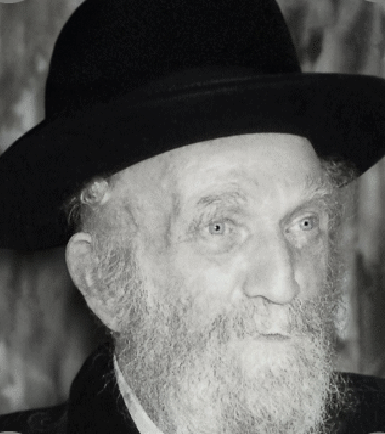
tremendous love and patience that he expressed.
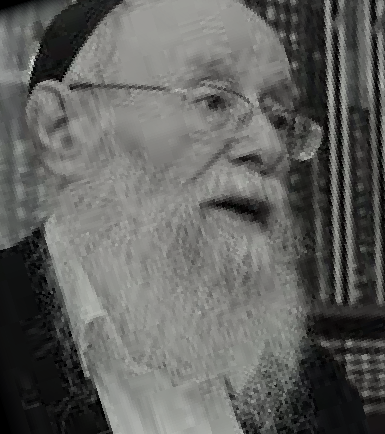
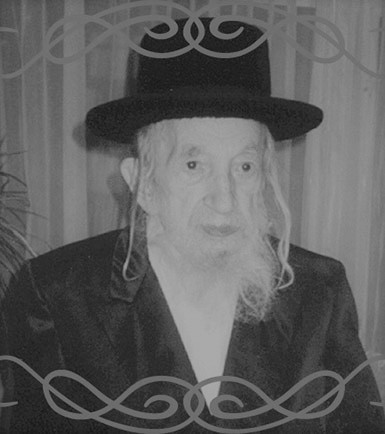
brethren.
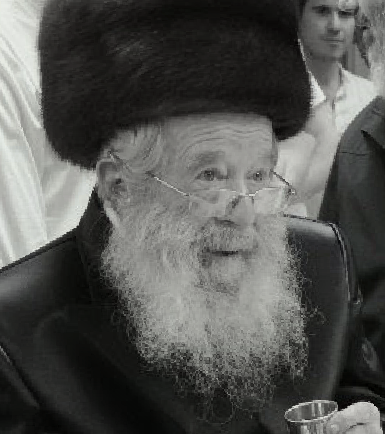
whether good or bad in his life, was met from him with gratitude.
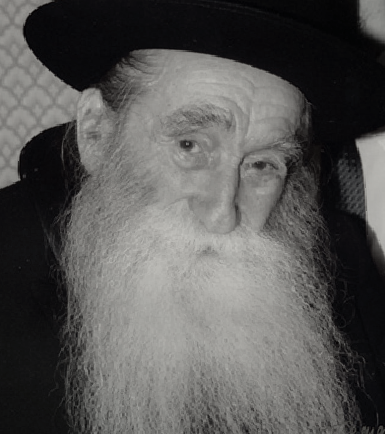
he said “You may not be able to read; however, you don’t need to read to work on your middot to become a Baal
Mussar.”
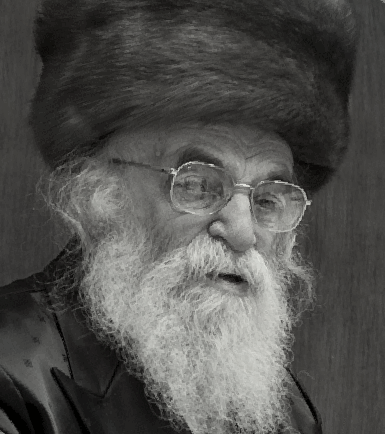
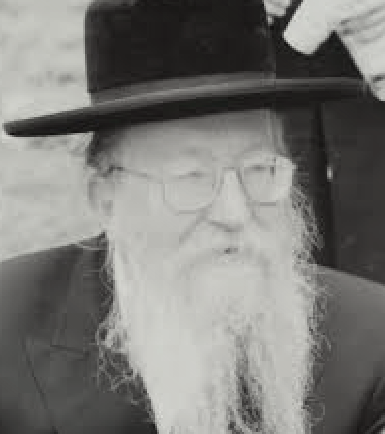
give them the ability to know what they are seeing is very real… and to respect them.
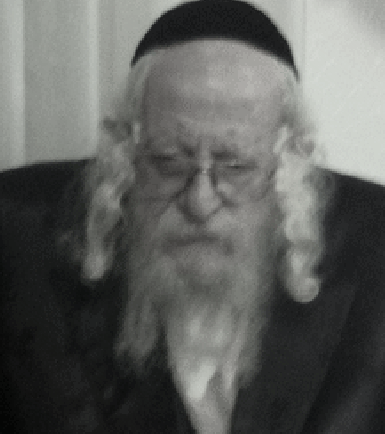
to make sure that it falls within the realms of halacha and derech eretz.
